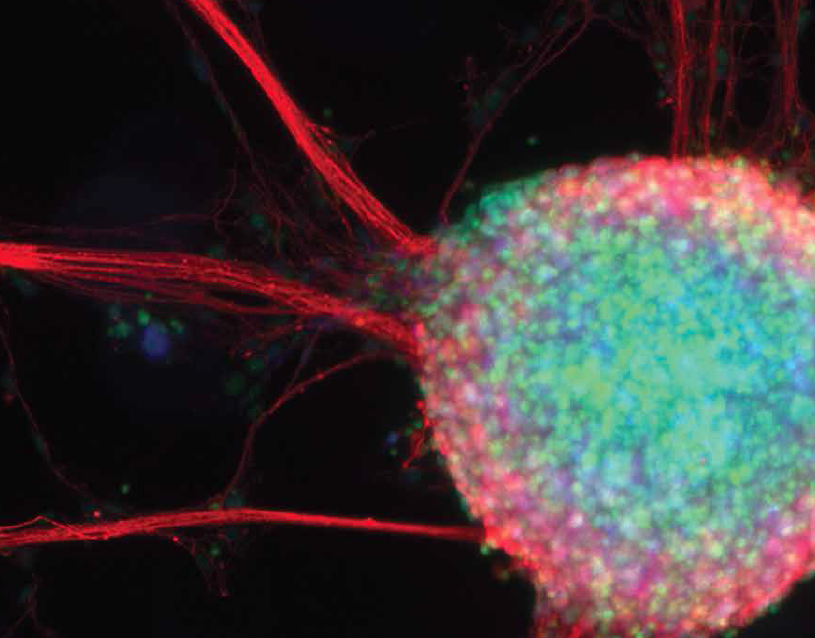
Dr. Liran Shlush, Department of Immunology
Dr. Shlush and his team study leukemia evolution from diagnosis to relapse. Using samples from AML patients at various stages of the disease and treatment, and both functional stem cell assays and population genetic tools, they can detect from the blood of AML patients the non-leukemic subpopulations that were ancestral to the leukemic cells. Deep genetic analysis of these sorted and xenografted cells are used to identify the early steps of leukemia evolution.
PreL-HSCs can survive chemotherapy and expand clonally during remission. The group uses both population studies and single cell clonal analysis of the human hematopoietic system to create family (phylogenetic) trees to show which lineages contribute to the rise of leukemic cells. They hope to identify markers that predict those with a high probability to progress from pre-leukemia to leukemia. Identifying high risk carriers will define a group of individuals in whom early intervention might be useful, plus provide possible targets for interventions to prevent the recurrence of AML
